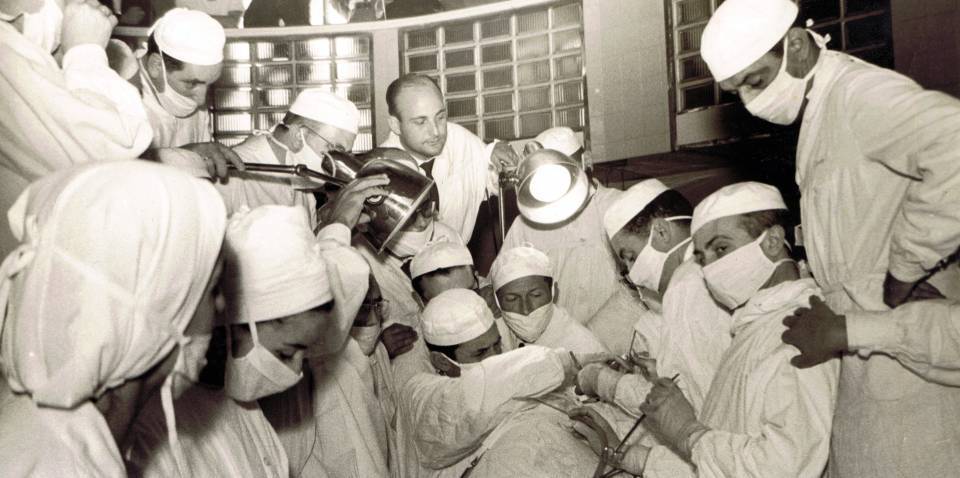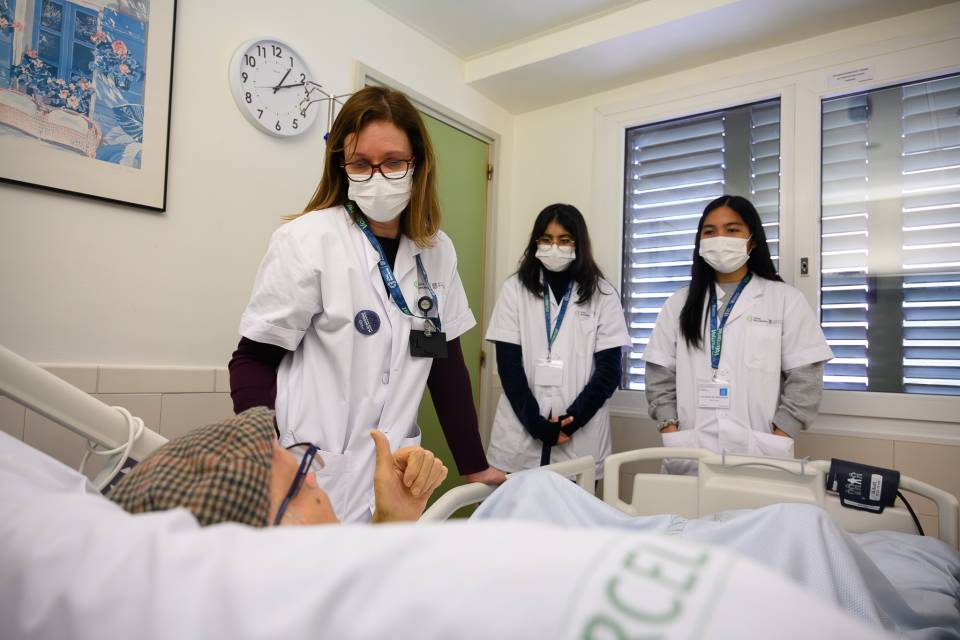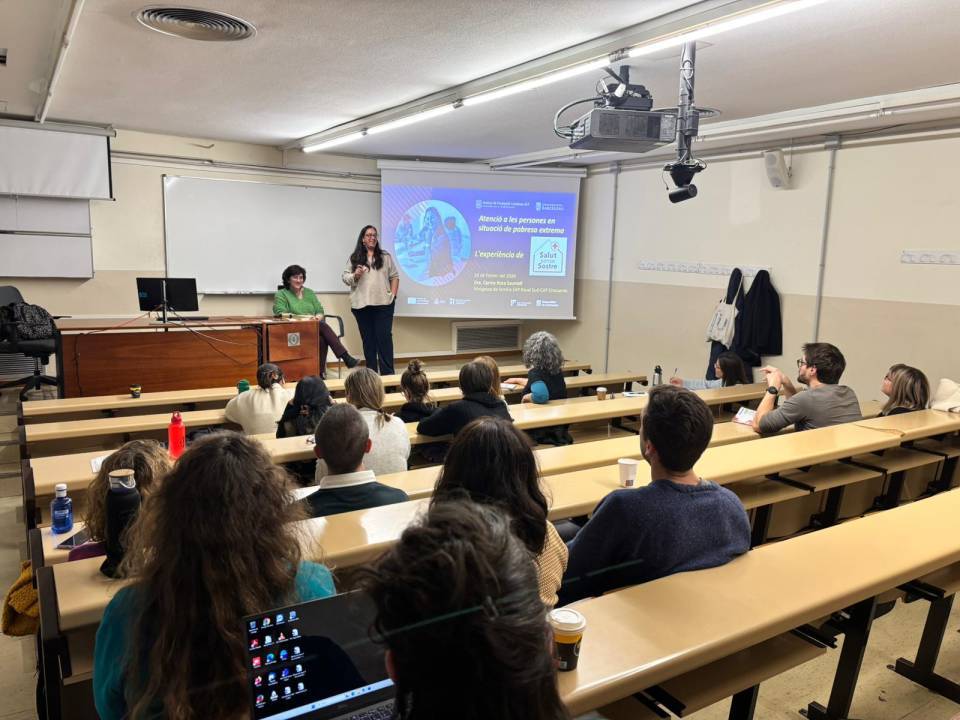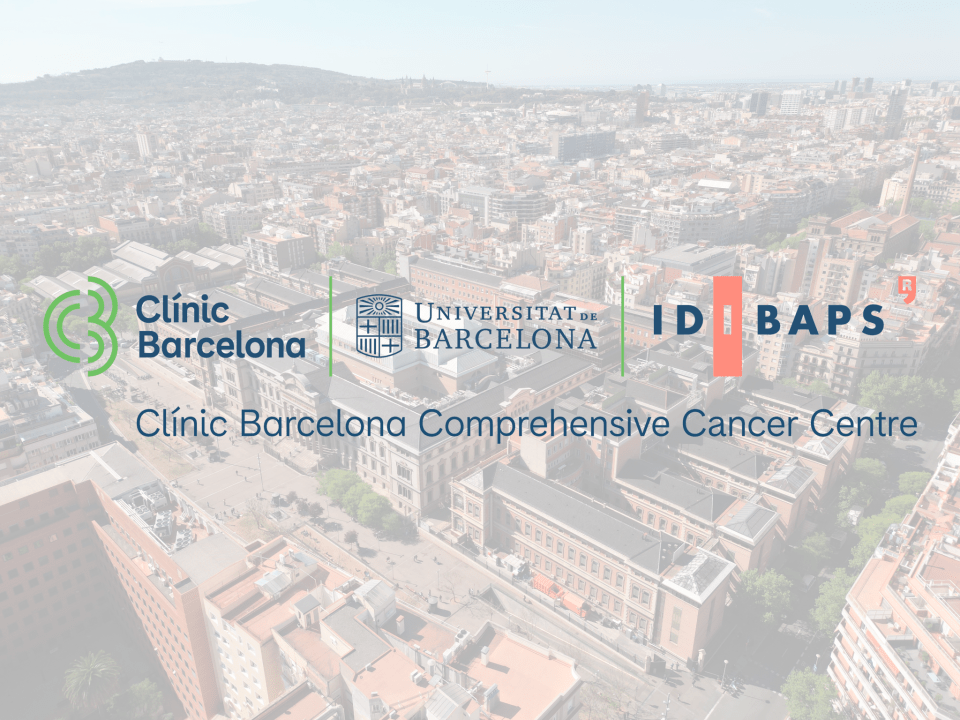Since 1965, the Clínic has performed 5,806 kidney transplants, including 637 combined kidney-pancreas, 138 kidney-liver and 11 kidney-heart transplants. In 2015, robot-assisted kidney transplants began to be performed. Since then, 282 have been carried out, 20 of which were from deceased donors and 262 from living donors. There are currently 2,867 patients with functioning transplants who are being monitored. Last year, according to data from the Catalan Transplant Organization, 191 kidney transplants were performed at the Hospital Clínic Barcelona.
The National Transplant Organization (ONT) has records dating back to 1990, and maintains that the Hospital Clínic is the Spanish centre that has performed the largest number of transplants in the history of Spain.
The most common transplant
Since that first transplant, surgical techniques have undergone a remarkable transformation - evolving from open surgery to robot-assisted surgery. Today, surgeries are far less invasive, with laparoscopic techniques, the use of surgical robots, improvements in immunosuppression, and a significant reduction in hospital stays. Moreover, organ compatibility and preservation protocols have been perfected, increasing the chances of success and quality of life in transplant patients.
Kidney transplantation is currently the most common organ transplant in Spain, and the country leads the world rankings in terms of the number of donations. Thanks to the Spanish transplant coordination model, many patients can access a new kidney in a relatively short period of time, although demand continues to exceed supply. The aim of the transplant is to restore kidney function, including removing toxins from the blood, maintaining a proper fluid and electrolyte balance (the equilibrium between water and mineral levels), synthesizing hormones, and thus avoiding the need for dialysis.
Chronic kidney disease
One of the main causes of kidney transplantation is chronic kidney disease, a disease in which the kidneys stop functioning properly. This condition can be caused by diabetes, high blood pressure, hereditary diseases or other kidney inflammations or infections, etc. When kidney function declines to a point where it can no longer adequately maintain the body’s balance, the patient requires dialysis or a transplant in order to survive.
With this commemoration, the Hospital Clínic Barcelona recalls not only a key moment in the history of Spanish medicine, but also the importance of continuing to advance in research, promote organ donation and continuously improve surgical techniques, so as to offer a second chance to thousands of people.
Recognition of professionals
According to Dr. Josep Maria Campistol, nephrologist and director general of the Hospital Clínic Barcelona, “We have come a long way and we are proud to have performed the first kidney transplant in Spain, but we have a duty to look ahead. Research, innovation and clinical excellence have always been the pillars of the Clínic, and will continue to be, so as to ensure that all patients have access to the best possible transplant.”
Meanwhile, according to Dr Antonio Alcaraz, head of the Urology Service “The technique has evolved at an extraordinary pace. The incorporation of robot-assisted surgery and new protocols allows us to perform more precise, less invasive procedures with better patient recovery. We are proud to be following in the footsteps of Dr Gil-Vernet and Dr Caralps and continue to be leaders in kidney transplantation in our country,” he concludes.
Dr Fritz Diekmann, head of the Kidney Transplant Section of the Nephrology Service maintains that, “Our priority continues to be to offer patients the maximum guarantees, both in terms of safety and long-term quality of life.”
Recognition from ONT and OCATT
For Beatriz Domínguez-Gil, director of the National Transplant Organization (ONT), “the kidney transplant program at Hospital Clínic de Barcelona is a model of strength and innovation; a benchmark since it carried out that first transplant 60 years ago.”
According to Jaume Tort, director of the Catalan Transplant Organization (OCATT), “today we are not only commemorating the 60th anniversary of a historic milestone, but also the beginning of a journey, thanks to the pioneering and entrepreneurial spirit of the professionals at the Clínic. Their leadership has been — and continues to be — key to establishing Catalonia as a leader in this field, both nationally and internationally.”
Key dates in kidney transplantation at the Clínic
• 1965.- First kidney transplant in Spain (at the Hospital Clínic Barcelona).
• 1971.- First kidney transplant performed on a child. He was 11 years old.
• 1978.- The 100th kidney transplant was performed.
• 1999.- First living donor transplant between spouses.
• 2002.- First laparoscopic nephrectomy was performed.
• 2006.- First kidney transplant between a donor and a recipient with incompatible blood types according to the ABO system.
• 2009.- First crossover transplant.
• 2010.- Kidney transplant number 500.
• 2015.- First robot-assisted kidney transplant.
• 2020.- First robot-assisted transplant from a deceased donor.
• 2021.- Kidney transplant number 1,000 (from a living donor).




